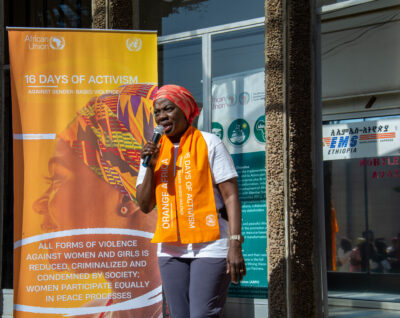How do we understand the Islamicness of Urdu poetry and also the spread of Urdu poetry far beyond the bounds of exclusively Muslim identity?
Rethinking public religion: Word, image, sound
The elegy for good days: Encounters with Urdu poetry in Delhi
May 29, 2019
May 29, 2019













